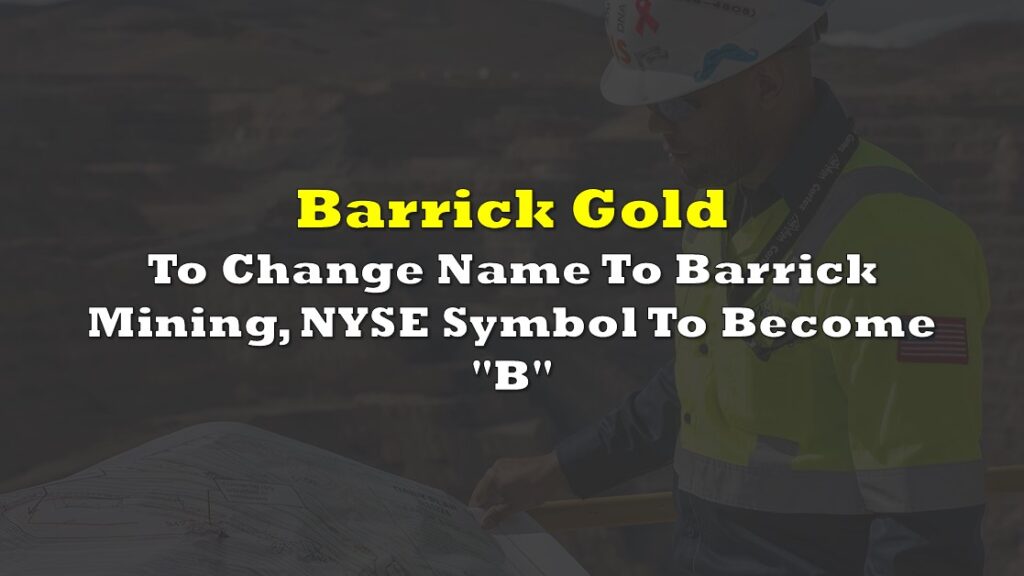Canadian mining giant Barrick Mining (NYSE: B) has agreed to pay $430 million to settle a two-year dispute with Mali that shuttered one of Africa’s largest gold mining operations, according to sources familiar with the deal.
The settlement, finalized Monday, ends a contentious standoff over the Loulo-Gounkoto complex that began when Mali implemented a new mining code in 2023 requiring higher royalties and increased state participation.
Related: Mali dispute led to Barrick firing CEO—sources
Under the agreement, Barrick will pay 144 billion CFA francs within six days of signing, with another 50 billion coming through VAT-credit offsets. The company had already paid 50 billion francs last year, according to Bloomberg.
Mali’s government will drop all charges against the company and its affiliates, return operational control of the mines to Barrick, and release four employees detained during the dispute. Mali will also renew Barrick’s permit for the Loulo mine for another decade, preventing its scheduled February expiration.
In exchange, Barrick will withdraw its arbitration case filed with the World Bank’s International Centre for Settlement of Investment Disputes and accept Mali’s 2023 mining code — the very regulation that sparked the confrontation.
Tensions between the two parties intensified sharply in January when Mali’s military government stopped gold exports, detained senior Barrick personnel, and seized several tons of gold from the site.
A Malian court subsequently appointed a provisional administrator to run the operation, effectively removing Barrick from control of a mine it had managed for three decades.
This settlement resolves a protracted dispute over one of Africa’s most productive mining assets. Last year, the complex generated 723,000 ounces of gold, placing it among the world’s top ten producers globally. Barrick owns 80% of the complex, while Mali holds the remaining 20%.
Analysts project the mine could generate $1.5 billion in operating cash flow next year if Barrick restarts operations quickly. However, mining analysts estimate the mine’s restart and full production ramp-up could require six to twelve months.
The settlement comes amid broader tensions between international mining companies and resource-rich African nations seeking larger shares of mineral wealth. Mali’s junta-led government has increasingly pressured foreign operators for more favorable terms since the military seized power in recent years.
Barrick had written off $1 billion in revenue from the Malian operation during the standoff, which also contributed to broader turmoil at the company. Former CEO Mark Bristow, who played an instrumental role in developing the Loulo-Gounkoto complex, departed abruptly in September.
Mali’s Minister of Mines Amadou Keita confirmed on state television that both parties committed to halting all ongoing legal proceedings and disputes over customs and tax issues. Barrick’s West Africa director Mamadou Samake told Malian public broadcasters the company aims to restart operations by January 1.
Information for this story was found via Bloomberg, and the sources and companies mentioned. The author has no securities or affiliations related to the organizations discussed. Not a recommendation to buy or sell. Always do additional research and consult a professional before purchasing a security. The author holds no licenses.









